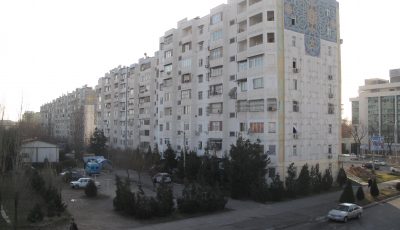With about 300 clear sunny days in a year, India is gifted with abundant solar resources. Yet, more than 90% of urban residents in India still use electricity to heat water. This accounts for 20% to 30% of electricity consumption by households and is a major financial burden to urban families. It is also a source of increasing amounts of carbon dioxide in a country where the power sector its expanding its capacity with mostly coal-fired power plants.
Nuetech Solar produces solar water heaters in India for households and small companies and institutions. It has developed a portfolio of over 75,000 SWHs, reducing greenhouse gas emissions with over 140,000 tCO2e/year. Shifting Paradigms supports with the certification and sale of the emission reductions from solar water heater manufacturers in India, helping them compete with conventional electric geysers.
Indian power production is based on coal. Each kWh of electricity that is saved, reduces greenhouse gas emissions with 1 kg of CO2. The capacity to reduce emissions depends on the size of the solar water heater, but in average, one device saves nearly 2.5 tons of carbon dioxide per year.
Nuetech is cooperating with other manufacturers of solar water heaters, providing them access to carbon revenues. According to Nuetech, the competition is with the manufactures of electric geysers, not with other manufacturers of solar appliances. At purchase, solar water heaters are more expensive than electric geysers. This is a barrier for their adoption, even though the operational costs are lower. Carbon revenues help lose the investment gap.
Up to June 2014 the Indian government subsidised solar water heaters, reducing the sales price with about 30%. This government refund was transferred to manufacturers based on sales records. When the subsidy was abolished, manufacturers had already sold tens of thousands of heaters at a price below the market value, in anticipation of future refunds from the government. When that refund did not come, this brought some manufacturers at the brink of bankruptcy. Carbon finance turned out be a life-line for them.
The Nuetech programme brings several benefits which go beyond the climate impact:
- It makes households energy independent, creating awareness of low carbon solutions and the vast renewable energy resources which India has access to.
- It alleviates the environmental damage caused by open-cast coal mining and coal-fired power generation.
- It reduces household spending on energy.
Shifting Paradigms asists Climate Focus with the registration of the Nuetech Solar project under the Clean Development Mechanism of the UNFCCC, the reporting on emission reductions realised, issuance and marketing of the Certified Emission Reductions. The first deliveries of credits were sold to a US-based software company.
Want to know more about purchasing CDM adn Gold Standard Certified Emission Reductions from this project? For larger amounts contact CarbonBay. For smaller amounts see the Go Carbon Neutral Now website of the UNFCCC.
Client: Climate Focus
Partners: CarbonBay, Sudha Padmanabha, Nuetech Solar
2010-ongoing



